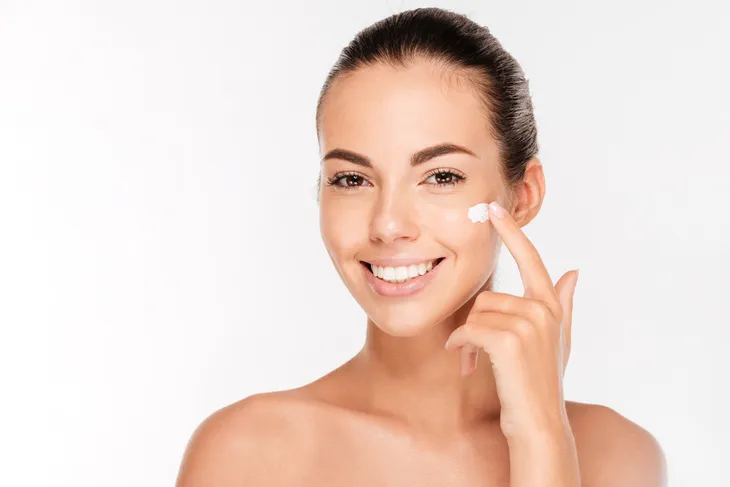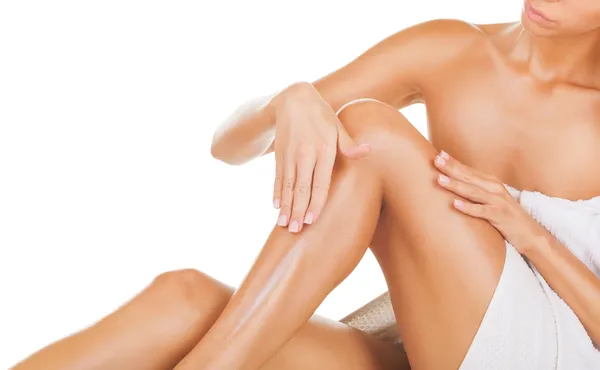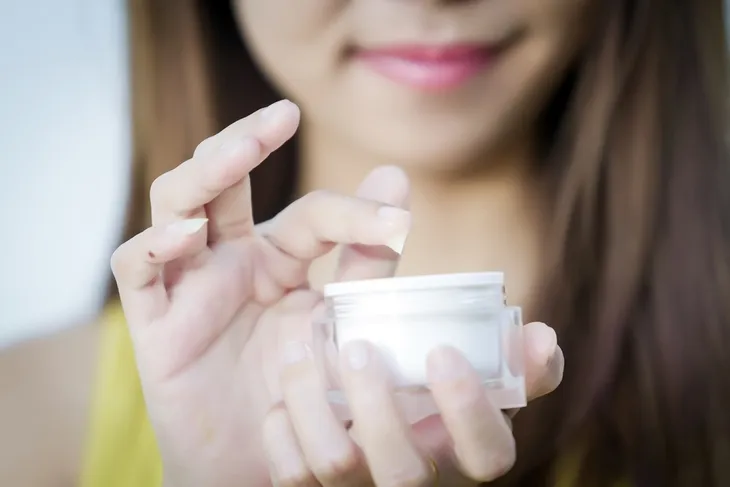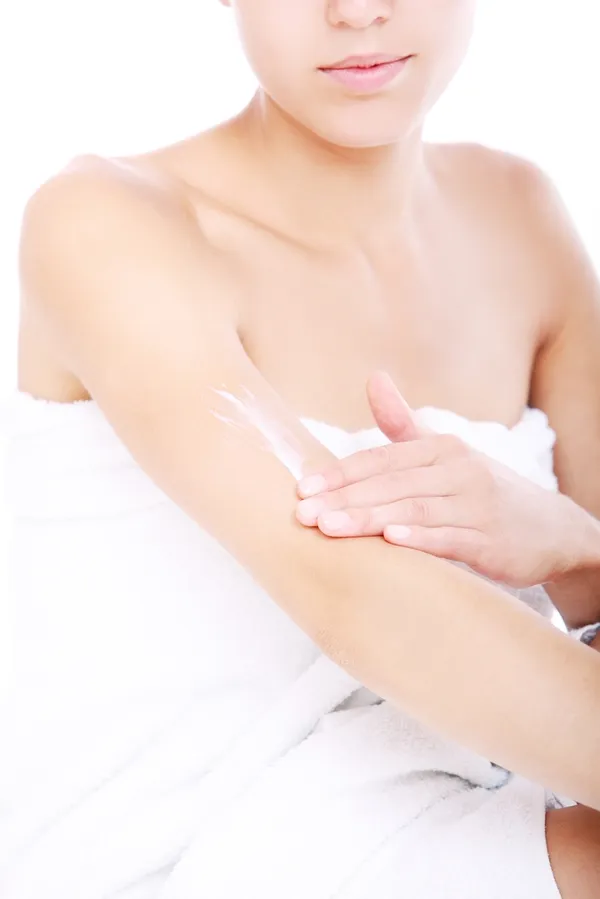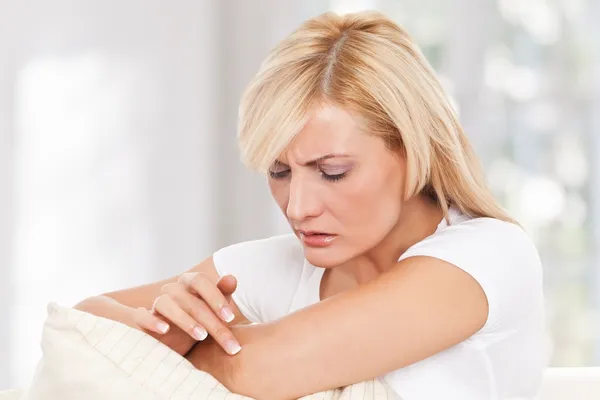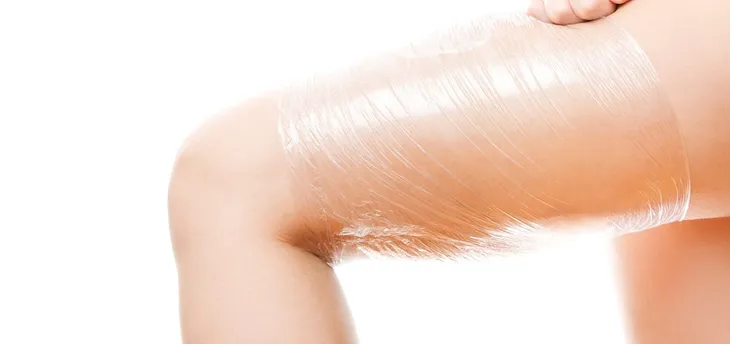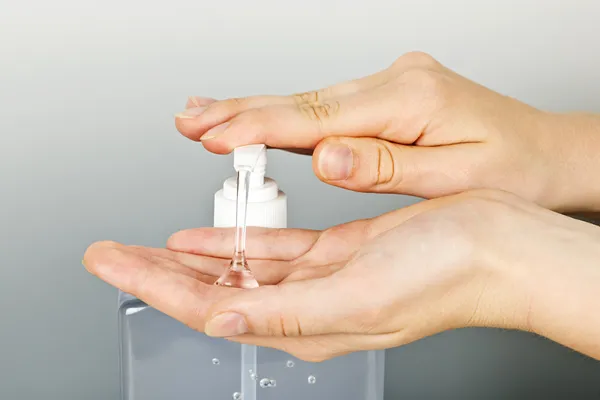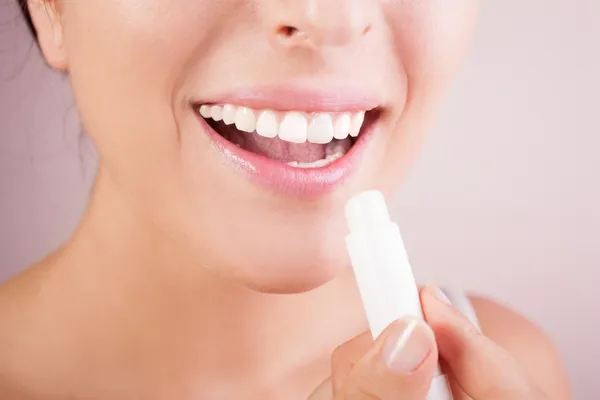The long winter months bring a few significant challenges to our health, starting with head colds and influenza, both of which tend to spread faster as people head inside to avoid the frigid weather.
But these are hardly the only health challenges presented by Old Man Winter. Because we tend to spend more time indoors during the colder months, we’re exposed to a lot of recycled, dry air. Additionally, the lack of precipitation during the winter months can result in lower humidity. The combined result is a general dryness that can result in a variety of irritating, even painful conditions, from sore throat to dry cough and, perhaps most visibly, dry, peeling skin. The good news is that there are a few relatively simple steps you can take to help rehydrate your skin and keep it looking and feeling healthy.
Use the Wrong Product
When dry skin becomes a problem, many people reach for the nearest moisturizer. But not all moisturizers are created equally; beyond that, many moisturizers are made for specific purposes, such as re-hydrating the hands, legs, face.
To bring moisture back to the skin during the driest periods of the winter, try a thicker moisturizer — something closer to a cream than a lotion. Generally speaking, the thicker and denser the moisturizer, the better suited it will be to restoring hydration to your skin. Thinner moisturizers, like lotions, are meant to provide a thin coating of protection and are often meant for larger surfaces — think of spreading sunscreen all over your legs, back, and chest during a sunny summer day.
Getting the Timing Wrong
You’ve probably heard that you can have a huge impact on your weight loss goals by simply adjusting when you eat (before bed is usually a no-no). A similar rule applies to keeping the skin moist during the long and dry winter months.
In this case, it’s best to moisturize immediately after a bath or shower, when your skin is most susceptible to drying out. That’s because the steam of a shower or bath can help open up your pores, making it the best time to absorb moisturizer applied, however it also makes our skin more vulnerable to dryness. So, don’t waste the opportunity — follow every bathing with a thorough moisturizing of your body, focusing first on the areas that tend to suffer the most from dryness (often, the hands and face).
Cheaping Out
When it comes to creating a budget, not everyone will put moisturizers and other skin treatment products at the top along with food, medicine, rent, and utilities. But if dry skin is a particularly troubling issue for you, then you should place it on the same level as other important medical products, from toothpaste to soap.
On that note, it’s also important to buy moisturizer that has the components necessary to treat your dry skin condition. Make sure the moisturizer you purchase is of appropriate thickness and texture and contains skin-repairing agents like ceramides, hyaluronic acid, niacinamide, and glycerin which helps to draw water to skin, bridge gaps in skin cells and repair the skin barrier.
Get the Wrong Cleanser
Keeping your skin feeling healthy and natural means doing more than just moisturizing it regularly, particularly during the long and dry months of winter. It also requires that you clean the skin using a cleanser that won’t add to dryness of your skin.
That means you want to avoid cleansers that have an alkaline pH, as they can actually irritate the skin in the process of cleaning it. Often, this means steering clear of the kinds of soap used by our parents and grandparents — the stuff that comes in bar form and is just as often used for washing hands. Foaming cleansers tend to encourage dryness. Instead, search for skin cleansing lotions or creams that are formulated for dry and sensitive skin. Stay away from sulfate based cleansers as they are often too harsh.
Avoiding the Mask
Let’s get this out of the way — a sleep mask can look a little goofy. But there’s a reason so many people wear one in the evening and sometimes leave it on for part of the night. It’s because the right sleep mask can go a long way toward helping keep the skin on your face supple and healthy.
If you’ve never tried a sleep mask, know that it’s about creating a seal for your face that prevents moisture from seeping out over the course of the night. That makes it particularly useful if you start with a hydrating agent like a serum and then cover it with the mask.
Forgetting Inflammation
If your dry skin is bad enough, then there’s a chance that even the best, most renowned moisturizer won’t be able to solve the problem. In cases where the skin regularly cracks, bleeds, appears red, itches and is sore to the touch, a medicated treatment — such as a cortisone cream — may be necessary in order to jump-start the healing process.
If your skin is more than just dry — if it’s becoming a problem where actual infection could soon be a concern — then you should speak with your family doctor, dermatologist, or pharmacist about a topical medicated cream that can help you confront the larger issue of inflammation first.
Overdoing the Cortisone
If you have a serious case of dry skin — in other words, you find the skin on certain parts of your body has become cracked, bleeds, is sensitive to the touch, and appears red and irritated — there’s a good chance your doctor will recommend the use of cortisone cream to bring down the inflammation and start the healing process. Long term use of high potency prescription steroids can lead to acne and skin thinning. Always discuss with your dermatologist to determine the right skincare routine for your skin.
Not Wrapping It Up
Using a skin mask is a good way to lock in a hydrating cream and prevent the moisture in your skin from seeping out over the course of the night. But it’s not the only way to keep the skin feeling fresh and healthy.
You can also try plastic wrap — the same kind you use for covering up leftover dinner before putting it in the fridge. The next time you have a bath or shower, consider doing a wet wrap to soothe extra dry skin. Apply a moisturizer after your shower or bath. Then cover the area with plastic wrap or damp PJs, and leave it on for several hours. By the time you take the wrap off, you should find the skin is particularly supple.
Using Boozy Products
Many of the products in the typical kitchen and bathroom use alcohol as a base and often for good reason — many alcohol-based products are designed to eradicate bacteria and limit your chances of becoming infected with a nasty cold or flu.
But these kinds of products can also do serious damage to your skin, particularly if you use them a lot. For example, alcohol-based products such as hand sanitizers can be less drying than frequent hand washing, but alcohol can burn red and irritated skin. Make sure to be extra mindful of moisturizing after each hand wash. For hand sanitizers, stick to sanitizing lotions or foams which are less irritating than gel based products.
Ditching the Sunscreen
When the days start to shorten and the cold weather descends upon us, a lot of people stow away summer items like beach towels and patio chairs. But sunscreen shouldn’t follow suit, as protecting your skin from the sun’s harmful rays remains just as important in fall and winter as it is during the spring and summer.
The cost of failing to protect your skin with sunscreen can be startling and includes lines, sensitivity, soreness, wrinkles, sagging, and, in some cases, skin cancer. Ultraviolent radiation passes through clouds and windows, therefore, it’s important to wear sunscreen daily. Regardless of the time of year, apply sunscreen before going outside and make sure it’s at least SPF 30.
Forgetting Lip Balm
There are certain parts of the body that seem most vulnerable to dry skin during the long winter months: the hands, the scalp, the face. And when it comes to the latter, it’s not just the nose, cheeks, and forehead that need attention: we also need to be careful to protect our lips. Failing to do so can lead to cracked, bleeding lips — a condition that can make one feel self-conscious and generally less confident in themselves.
To avoid this situation, make sure to provide your lips with an extra protective layer by regularly applying petroleum jelly. It’s cheap and effective. It takes only a few seconds and can go a long way towards keeping your lips supple, moist and kiss-able.
Overly Long Showers
Showering regularly is a good way to keep body odor at bay and, in doing so, maintain your popularity with friends, family and coworkers. But spending too much time in the bath or shower can actually do some considerable damage to your skin.
That’s because warm water tends to erode the skin’s natural oils, which protect it from the elements. The longer your showers and the more often you have them, the more likely you are to make your skin vulnerable to drying out and becoming irritated and inflamed. Try to limit baths and showers to 10-minutes or less.

